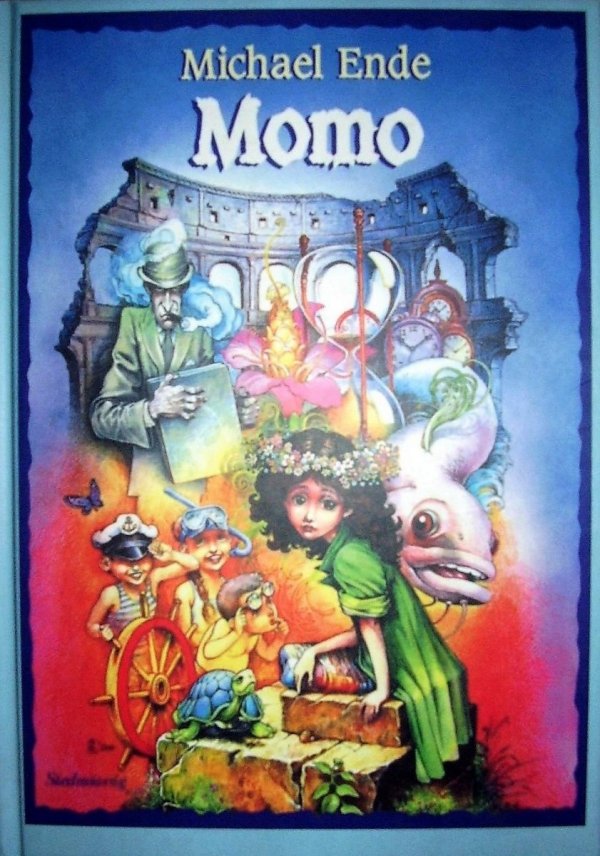

However Beppo adds that this is not how a street should be swept by saying that one must think street as a whole, “concentrating on the next breath, next stroke of the broom, and the next”. He says that he feels rushed, panicked thinking that he can never sweep it at once. Beppo tells Momo that how hard it is when there is a “terribly” long street ahead of him to sweep. For instance Momo’s friend Beppo whose job is to sweep streets has a very symbolic conversation with Momo. (Goodhew and Loy, 100)” Goodhew proposes that The Grey Gentlemen enforce time to people as a commodity which can be “saved and invested” (Goodhew and Loy, 101).īefore the arrival of The Grey Gentlemen, people lived in harmony, peace without a rush.

She suggests that “problem is commodification, which tends to convert everything into marketable resources appreciated only according to their exchange value. Goodhew suggests that problem today is not so different from what Momo implies. The novel itself stands against using time as a commodity by constantly repeating that “time is life itself and life resides in the human heart (32).” Michael Ende criticizes negative effects of materializing time, and consumerism throughout Momo with characters that seem to be very symbolic. (32)” The criticism of materializing time, using it as a commodity leads almost whole novel Momo. Time is life itself and life resides in human heart. “Calendars and clocks exist to measure time, but that signifies little because we all know that an hour can seem an eternity or pass in a flash according to how we spend it. However the more people saved time the less they had (Ende, 41). The Grey Gentlemen ask their clients to save time “by speeding up work, cutting off from social time and eliminating all joy from their life (Goodhew and Loy, 99). The Grey Gentlemen promise people to give more time in the future but with one condition which is to save time as much as they can (Goodhew and Loy, 99). Those Gentlemen continue to exist by smoking rolled cigar made of other people’s hour-lilies (Goodhew and Loy, 98). The plot mainly adopts Momo’s adventures of gaining the stolen time back from the time-thieves, who are called “The Grey Gentlemen”. Momo is a homeless girl, who runs away from orphanage to an uncertain city where Momo takes place.

Materialization of time and remarks of consumerism in Michael Ende’s Momo


 0 kommentar(er)
0 kommentar(er)
